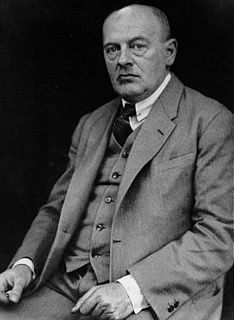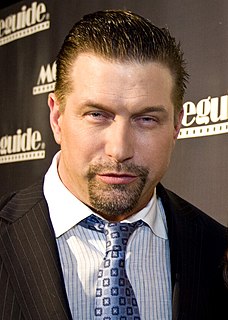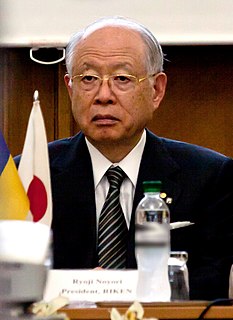A Quote by George Sarton
Perhaps the main, as well as the least obvious, achievement of the Middle Ages, was the creation of the experimental spirit, or more exactly its slow incubation. This was primarily due to Muslims down to the end of the twelfth century, then to Christians.
Related Quotes
Ressentiment is always to some degree a determinant of the romantic type of mind. At least this is so when the romantic nostalgia for some past era (Hellas, the Middle Ages, etc.) is not primarily based on the values of that period, but on the wish to escape from the present. Then all praise of the “past” has the implied purpose of downgrading present-day reality.
There are black Christians, and black Muslims in Africa who are being slaughtered, they don't want to hear about the Jim Crow laws. There are Christians, there are other Muslims being slaughtered in the Middle East, they don't need a lecture from Obama about Christianity. The fact of the matter is Obama is not doing anything effective or substantive to stop genocide in our time.
I know a lot of Christians who have been in ministry and walked away from it because the pressure can be too great. And there's a lot of Christians who at the same time would say like well why does God do [certain things]. What I found is Christians regardless of whatever their experience is who trust God more and learn to go through those moments of challenge and persevere. Usually the end result is an experience and interaction with the Holy Spirit that's greater than it was previously. And for me, there is no pursuit that I desire or enjoy more than that interaction.
In the 19th century, when Muslims were looking at Europe as an example, they were independent; they were more self-confident. In the early 20th century, with the fall of the Ottoman Empire, the whole Middle East was colonized. And when you have colonization, what do you have? You have anti-colonization.
F.R. Leavis's "eat up your broccoli" approach to fiction emphasises this junkfood/wholefood dichotomy. If reading a novel--for theeighteenth century reader, the most frivolous of diversions--did not, by the middle of the twentieth century, make you a better person in some way, then you might as well flush the offending volume down the toilet, which was by far the best place for the undigested excreta of dubious nourishment.








































